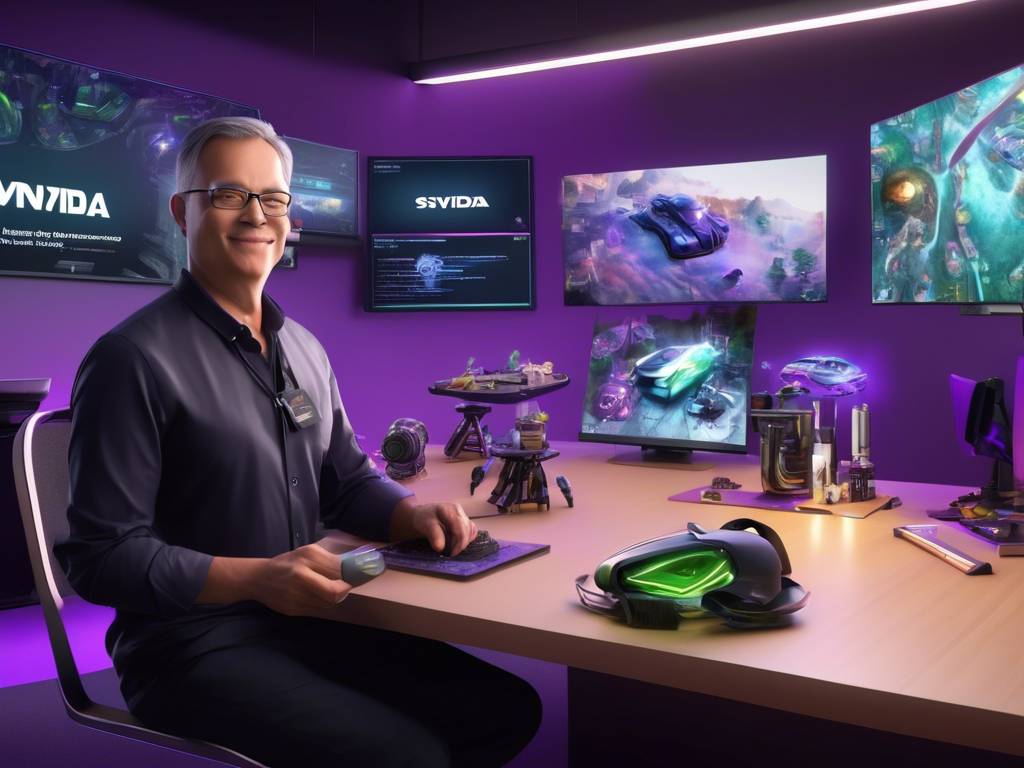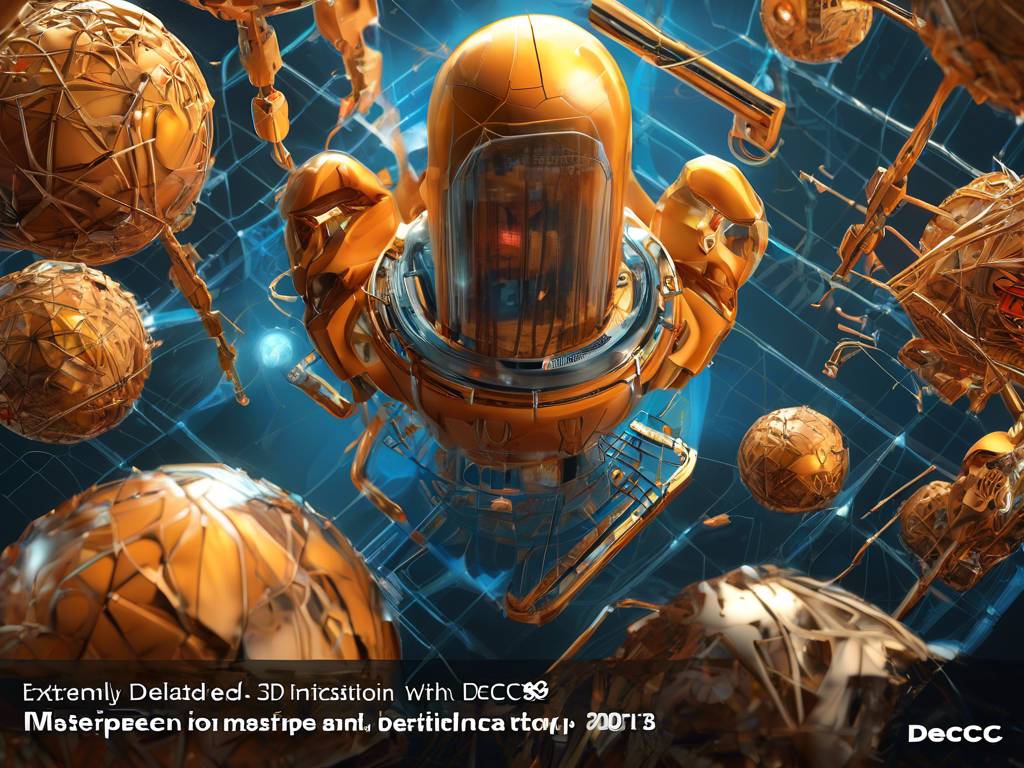Synopsis CFO Sheila Glazer talks about the chip design company’s plans with Nvidia during an interview with Julie Hyman on Yahoo. At the recent Nvidia GTC event, the two companies highlighted their partnership, which seeks to expedite chip design and automotive prototyping using AI. Synopsis announced its decision to sell its Integrity Group’s software business, and clarified that it still supports the leading companies in the semiconductor industry, including hypervisor, automotive, and hyperscaler firms. The CFO also discussed the opportunity for AI, which is fueling the building of more AI chips and creating more productivity for engineers. The company expects a double-digit Total Addressable Market (TAM) growth of approximately 12%, with AI adding approximately 2% of TAM growth. Lastly, she discussed Synopsis’ competition with Cadence and its focus on becoming a silicon-to-systems company.
Synopsis and Nvidia’s Partnership
Synopsis focuses on developing software that semiconductor engineers use to design chips. The company’s software is critical for the functioning of building chips, and it recently partnered with Nvidia to speed up the process by infusing AI into their work. Nvidia also announced its plans to use Synopsis’ software in its manufacturing process, citing that its software is a fundamental component to the company’s leading-edge chips. They are addressing some of the most complex problems facing the industry, and their partnership is impactful.
Synopsis Remains Open to All Leading Companies in the Industry
Though the partnership between Synopsis and Nvidia is exclusive to Nvidia, the two companies’ hardware and software tools are essential to semiconductor companies and can be used by anybody in the industry. Synopsis also extended its support to different sectors, such as hyperscaler, Automotive, and semiconductor manufacturing. Thus, Synopsis remains an open platform that can support any foundry at any given time.
Opportunity for AI in Chip Design
AI is driving the creation of more AI chips, which require software used to design chips and create more productivity for engineers. Sheila Glazer, the company’s CFO, believes that the TAM long-term growth for companies producing software tools for chip design will increase by 2% due to AI. While the percentage may appear smaller than what people usually hear in the sector, it is significant in the industry. AI’s impact is beneficial for the industry and will allow Synopsis and other companies to offer new tools that will increase productivity and help electronic design automation (EDA) customers meet their needs.
Synopsis’ Focus on Becoming a Silicon-to-System Company
Shiela Glazer pointed out that the company’s plan is to become a silicon-to-system company. By bringing the digital and physical portions together, they aim to solve customers’ pressing needs in different sectors such as automotive, industrial, and aerospace. In this regard, Anis is the number one leader in multi-physics simulation, and Synopsis adds its leadership portfolio to the company of their customer’s requirement. The company plans to address customers’ needs by providing software tools that help in developing the next EV or the next iteration of cars.
Conclusion
Thus Synopsis continues to grow in the industry as it partners with Nvidia to enhance chip design and automotive prototyping using AI. Its software is still open to work with leading semiconductor, hyperscaler, and Automotive companies. The company is also keen to maximize the opportunity presented by AI, which is fueling the creation of more AI chips, and its software is crucial for the design of the chips and the productivity of engineers. Lastly, the company’s focus is on becoming a silicon-to-systems company and working to address customers’ pressing needs.





 By
By
 By
By
 By
By


 By
By